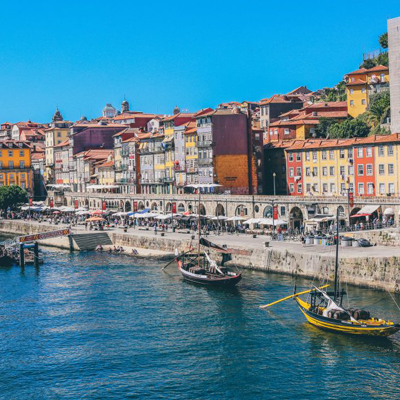LEAD Strategies
for shared-connected and low-emission logistics operations
 1
1Innovative
business
models
 2
2Agile freight storage and distribution
 3
3Low emission delivery
vehicles
 4
4Smart data-driven logistics solutions
Digital Twins
LEAD will create Digital Twins of urban logistics networks in six TEN-T urban nodes (Madrid, The Hague, Lyon, Budapest, Oslo, Porto), to support experimentation and decision making with on-demand logistics operations in a public-private urban setting. City logistics solutions will be represented by a set of value case scenarios that address the requirements of the on-demand economy and the pressures caused by the increase of parcel deliveries while aligning competing interests and creating value for all different stakeholders. Each value case will combine a number of measures coined as LEAD Strategies to cover the complete dynamics and complexity of a city’s logistics challenges
Consortium
Long term vision
LEAD aims to design an open PI-inspired framework for smart city logistics, thus setting the foundations for the development of large-scale city Digital Twins. By exploiting contextual, sensor and real-time operational data, city-scale Digital Twins will facilitate the comprehension of the dynamics of logistics networks in the city and the integrated planning and management of freight movement
Follow us
to our newsletter



































